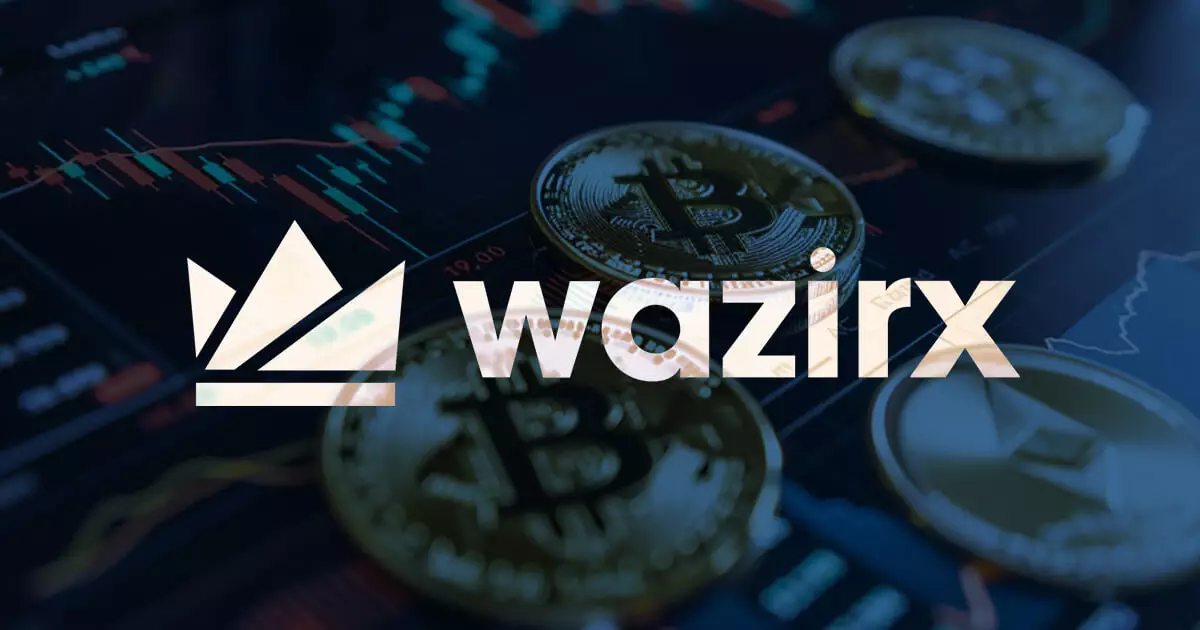In the ever-evolving landscape of cryptocurrency, security remains a pressing concern for users and platforms alike. This is particularly true for centralized exchanges, which have been the target of several high-profile hacks. A significant case was the breach of WazirX in July 2024, where hackers managed to siphon off a staggering $235 million. This incident not only raised alarms regarding WazirX’s security protocols, but it also prompted the exchange to reevaluate its operational model. As a response, WazirX has announced plans to launch a decentralized exchange (DEX), a strategic shift aimed at restoring user confidence and securing assets against potential future breaches.
Response to Crisis: The Genesis of WazirX’s DEX
After the July hack, which was attributed to the notorious Lazarus Group, WazirX faced intense scrutiny from the crypto community. The vulnerability exploited by the attackers involved the platform’s multi-signature wallet, which normally enhances security by requiring multiple keys for transactions. However, the breach exposed weaknesses in this framework, leading WazirX’s co-founder, Nischal Shetty, to articulate a vision for a decentralized platform that would eliminate such vulnerabilities. Shetty emphasized that with a DEX, users would maintain full control over their assets, thereby minimizing counterparty risks that plague centralized exchanges.
The planned DEX will introduce its own token, which will function not only to cover transaction fees but also to support governance mechanisms within the community. Set to launch in early 2025, the DEX aims for a phased rollout, ensuring users can transition smoothly and safely. This clear shift towards decentralization underscores a broader response within the industry, acknowledging the mounting concerns about the safety of centralized models.
In the immediate wake of the hack, WazirX implemented a controversial emergency recovery plan that essentially froze 45% of its users’ account balances. Converting these balances into USDT (a stablecoin pegged to the US dollar) incited outrage among users, who felt that the exchange was unfairly imposing losses on them. The term “socializing losses” became a rallying cry as customers criticized WazirX for mishandling the situation, essentially forcing them to bear the brunt of the financial fallout.
In a bid to mend relations with their user base, WazirX reverted this plan in the following month, restoring balances to their pre-hack levels and nullifying trades made post-incident. While this move was aimed at reaffirming WazirX’s commitment to fairness, it also revealed inherent flaws in its crisis management strategy. Regulatory frameworks and user trust are fragile in the crypto space; any misstep can have significant repercussions.
Accountability and the Path Forward
The aftermath of the hack also spotlighted the significant challenges regarding responsibility within the cryptocurrency ecosystem. WazirX found itself embroiled in a public dispute with its former custody partner, Liminal, each party alleging negligence on the other’s part. Such disputes not only reflect poorly on both organizations but also leave customers feeling abandoned and uncertain about their assets’ safety. As both entities trade blame, users find themselves ensnared in a web of accountability that neither side seems prepared to address.
The ambitious plans for a decentralized exchange mark a pivotal moment for WazirX in its efforts to regain trust from users. Experts believe this shift could be a reflection of a larger trend in the crypto industry, where users are increasingly wary of centralized exchanges’ vulnerabilities. As more exchanges recognize the limitations of their existing frameworks, a growing number may explore the decentralized model as a viable and secure alternative.
Through its commitment to decentralization, WazirX is not only addressing its own security challenges but also responding to the collective demand for more user-driven control of assets. The move could potentially reshape how crypto exchanges operate, ushering in a new era where user autonomy is paramount.
WazirX’s transition towards a decentralized exchange is a significant step in light of past security challenges. While efforts to mitigate the fallout from the July hack were met with mixed reactions, the company’s desire to build a more secure future is commendable. As the industry grapples with security risks, WazirX’s proactive approach may serve as a model for others, encouraging the exploration of decentralized solutions that prioritize user control and safety in an increasingly volatile market.

